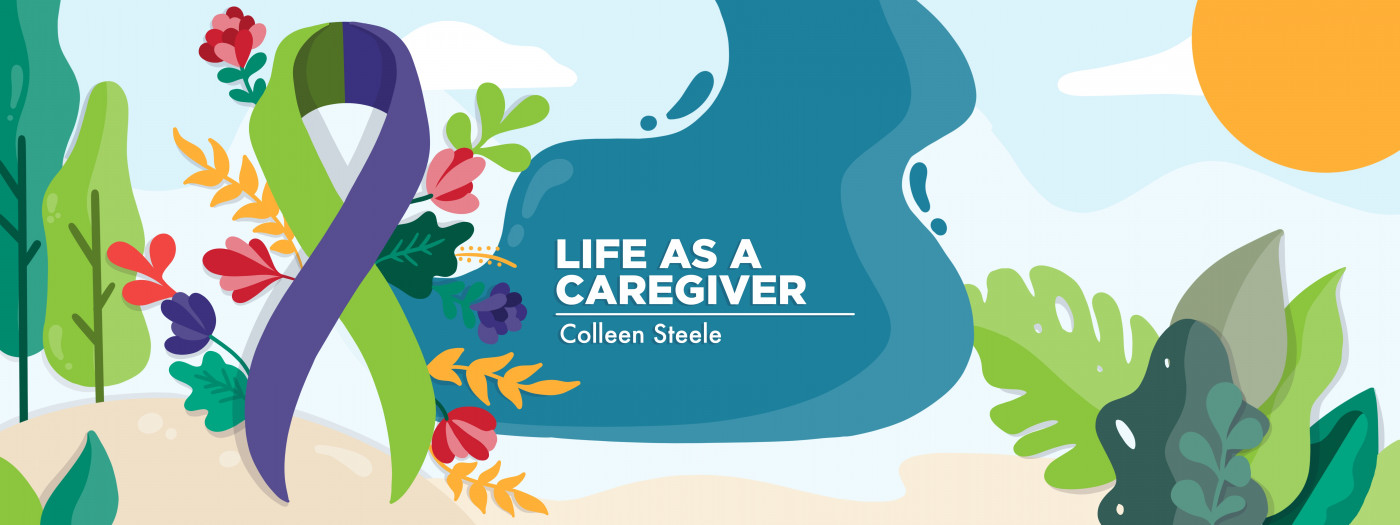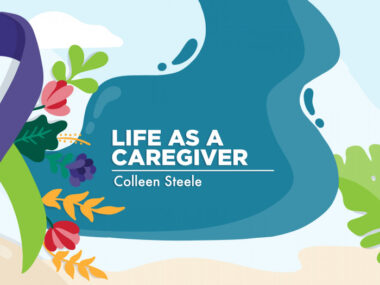When You’re Both a PH Patient and a Caregiver
Written by |

Since my son, Cullen, was diagnosed with pulmonary hypertension (PH) in 2008, I’ve had the pleasure of getting to know many people in the PH community. One thing I’ve seen that a patient and a caregiver have in common is how willing each is to extend emotional support and a helping hand.
Jennifer Beaty is a perfect example. She is a PH patient who has also been a caregiver to her mother and aunt. I interviewed Jennifer via email about how she has managed her illness while also caring for her loved ones.
Reaching a PH diagnosis was a challenge for Jennifer. Her symptoms began with weight gain and shortness of breath, which she attributed to being overweight. But she remained out of breath even as her weight fluctuated.
Jennifer’s primary physician prescribed various medications in 2016, but none of them helped. A year later, a cardiologist told her she had a strong heart, but that didn’t help Jennifer understand why she was out of breath all the time.
A followup visit to her primary doctor yielded nothing, and her cardiologist couldn’t see her again until 2018. The delay was Jennifer’s breaking point.
“I told her that if I didn’t see someone soon, I wouldn’t be here in 2018!”
Jennifer was referred to a pulmonologist, who reviewed her medical records from the past two years. The doctor drew blood, ran tests, and had Jennifer complete a 6-minute walk, before diagnosing her with PH.
During this long journey of self-advocacy toward a diagnosis, Jennifer was a caregiver for her elderly mother, who struggled with serious health issues of her own.
She recalls grocery shopping for them both before her diagnosis, constantly feeling fatigued and carrying a headache that wouldn’t go away, her legs feeling so heavy she could hardly walk. Loading and unloading her mom’s wheelchair exhausted her.
One day, her mother asked her to come to her house to rake leaves.
“I got about half done, then sat in the backyard and cried,” Jennifer wrote. “I just couldn’t do any more physically, emotionally, or spiritually. I was broken. I didn’t know what to do. I felt so alone and helpless.”
Jennifer’s stress level dropped after her PH treatments began, and her breathing improved. She even moved home to Tennessee from Texas to help care for her mom. She took her to appointments, ran errands, and did chores, but they hired someone to clean the house because neither of them were up to doing that big a job.
Jennifer’s caregiving changed as her mother’s health deteriorated. She brought her ice chips, changed her diapers, brushed her hair, and put lotion on her.
When Jennifer put her mother on hospice care, she spent time sitting and talking with her until she passed in April 2020. She admits now that she doesn’t know how she got through it all.
“I know I prayed a lot. Eventually, I talked to my family physician, and she prescribed an antidepressant.” Jennifer says people in a similar situation should understand that depression can be a big part of being a patient and a caregiver.
Jennifer had been her mother’s caregiver, but she credits her mother for helping her through those difficult years. Her mother was the one who explained Jennifer’s PH diagnosis to the family, and every day she asked her how she was feeling and about her medications. Her mother liked learning about PH.
“Mom was my first advocate,” Jennifer wrote.
In June, Jennifer’s aunt fell and spent a few days in the hospital before transferring to a nursing home. She reached out to her niece for help, and Jennifer soon was running errands and doing her best to advocate for another loved one.
But Jennifer had to back off from being a regular caregiver for her aunt after experiencing a heart event during a 6-minute walk at her pulmonologist’s clinic. She now lends a hand as she is able to manage, but she acknowledges that it took her too long to realize it’s OK to ask for help, and that it is OK to say no sometimes.
“Don’t let yourself get defeated or feel resentful toward your loved one. Try to remember that neither of you has control over your condition. Work together and be caregivers to each other.”
***
Note: Pulmonary Hypertension News is strictly a news and information website about the disease. It does not provide medical advice, diagnosis, or treatment. This content is not intended to be a substitute for professional medical advice, diagnosis, or treatment. Always seek the advice of your physician or other qualified health provider with any questions you may have regarding a medical condition. Never disregard professional medical advice or delay in seeking it because of something you have read on this website. The opinions expressed in this column are not those of Pulmonary Hypertension News or its parent company, Bionews, and are intended to spark discussion about issues pertaining to pulmonary hypertension.





Leave a comment
Fill in the required fields to post. Your email address will not be published.